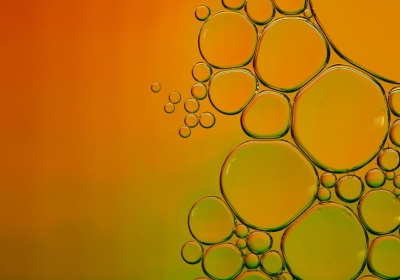
A material or a liquid conducts electricity when it contains charged particles that can move within it. Such charged particles can be electrons or atoms and molecules as long as they carry an electrical charge. An atom or a molecule carrying an electrical charge is called an ion. For example, salt crystals dissolve into ions in water, which increases the conductivity of salty sea water. Depending on how much salt and other minerals there are, water can be more or less conductive. This is why one should be careful with electrical devices in the bathroom. Oils, cooking oil or kerosene, are usually bad conductors of electricity because they do not contain many ions. In fact, they are often considered insulators, which is the opposite of conductors. But when salts or metals are added, oils can become conductive to some extent.
The American Petroleum Institute classifies oils into five groups. Group 1 includes oils that have been mildly-refined and possess very low electrical conductivity. Group 2 is comprised of hydrogen-treated oils that also have low conductivity. Group 3 and Group 4 are more highly-refined oils used primarily as industrial lubricants with low conductivity. Group5 oils possess high electrical conductivity and are not suitable for use as base oils because the electrical discharges can damage system components.
Picture Credit : Google




